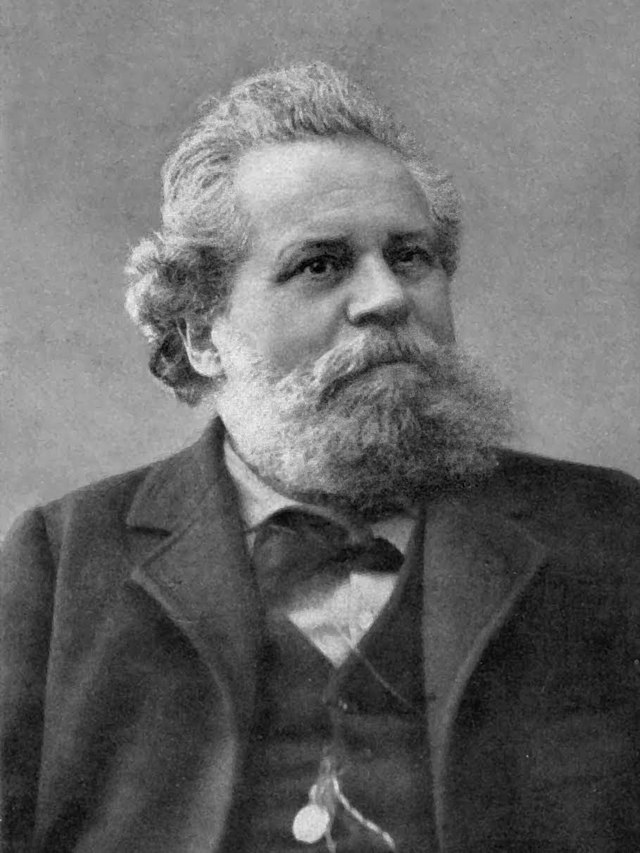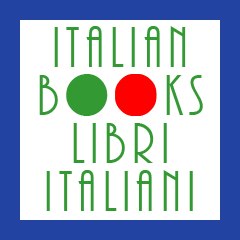
Giosuè Carducci was an Italian poet, writer, and literary critic who is considered one of the most important figures in Italian literature of the 19th century. He was awarded the Nobel Prize in Literature in 1906, becoming the first Italian to receive this prestigious honor.
Early Life and Education
Carducci was born in Valdicastello, Tuscany, on July 27, 1835. He received his early education in local schools before attending the Scuola Normale Superiore in Pisa, where he studied philology and literature. After graduating in 1857, he taught at various schools in Italy, including the University of Bologna.
Literary Career
Carducci’s literary career began in the early 1860s with the publication of his first collection of poems, Juvenilia. His poetry was characterized by its use of traditional forms and its celebration of Italian history and culture. He was also a committed anti-clerical and a supporter of Italian unification.
In the 1870s and 1880s, Carducci’s poetry became more personal and introspective. He explored themes of love, loss, and the passage of time in collections such as Rime nuove (New Rhymes) and Odi barbare (Barbaric Odes).
Later Years and Legacy
Carducci continued to write and publish throughout the rest of his life. He was appointed to the chair of Italian literature at the University of Bologna in 1860, a position he held until his retirement in 1906.
Carducci died in Bologna on February 16, 1907. He is considered one of the greatest Italian poets of all time, and his work has had a profound influence on Italian literature and culture.
Here are some of Carducci’s most famous works:
- Juvenilia (1860)
- A Severino Ferrari (1873)
- Canzone di Marzo (1877)
- Rime nuove (New Rhymes) (1887)
- Odi barbare (Barbaric Odes) (1889)
- Rime e ritmi (Rhymes and Rhythms) (1899)
- La Caverna di Polyphemus (The Cave of Polyphemus) (1902)
Carducci’s legacy is complex and multifaceted. He was a major figure in the development of Italian nationalism, and his work is often seen as a celebration of Italian history and culture. However, he was also a complex and contradictory figure, and his work has been criticized for its anti-clericalism and its sometimes reactionary views.
Despite these criticisms, Carducci remains one of the most important figures in Italian literature. His work is still widely read and studied today, and he continues to be a source of inspiration for poets and writers around the world.
Bestselling Books by Giosuè Carducci






